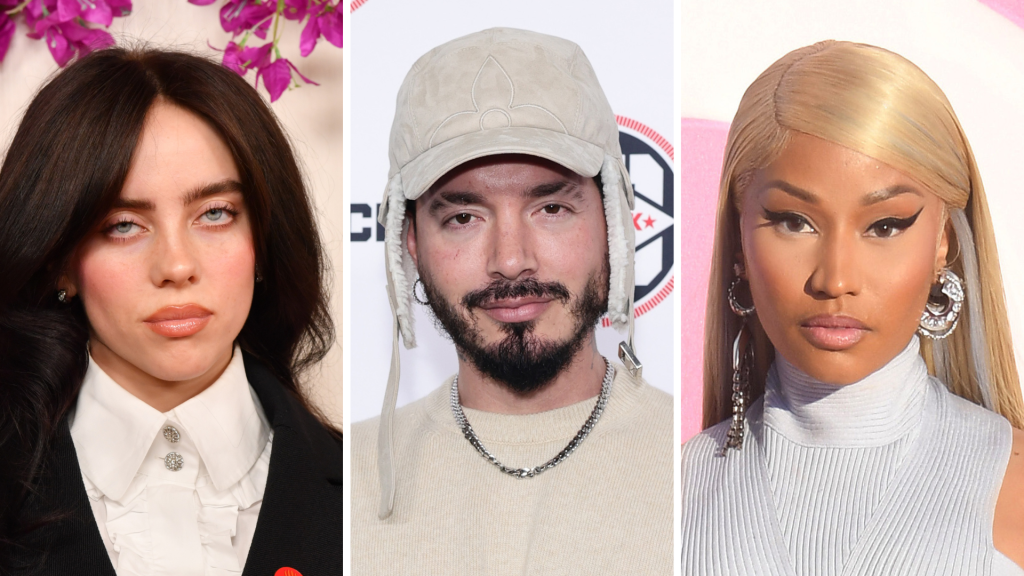An open letter signed by music’s biggest names asks industry leaders to divest from AI technologies that represent an “assault on human creativity [that] must be stopped.”
Issued by the Artist Rights Alliance (ARA), a non-profit advocacy organization, the letter garnered signatures from a slate of musicians and songwriters of all ages, including Billie Eilish, J Balvin, Imagine Dragons, Stevie Wonder, Nicki Minaj, Pearl Jam, Katy Perry, The Jonas Brothers, Jon Bon Jovi, Julia Michaels, Ryan Tedder, and the estates of Bob Marley and Frank Sinatra.
Ghostwriter, the guy behind the viral Drake/Weeknd song, thinks AI music is like fanfiction
In it, signatories acknowledged that responsible AI can “advance human creativity,” and called out entities that were instead “employing AI to sabotage creativity and undermine artists, songwriters, musicians and rightsholders.”
The letter specifically denounced companies using existing music to train their AI models, without the consent of the artist. These models can then be used to generate content that “dilute[s] the royalty pools that are paid out to artists” and therefore threatens the livelihoods of musicians. “For many working musicians, artists and songwriters who are just trying to make ends meet, this would be catastrophic,” the letter says. “We must protect against the predatory use of AI to steal professional artists’ voices and likenesses, violate creators’ rights, and destroy the music ecosystem.”
The debate over the use of artificial intelligence to create music is ongoing, but was brought to public attention in October 2023, when an artist named Ghostwriter used AI voice filters to imitate the voices of Drake and The Weeknd. The result was so convincing, many listeners assumed it was the real thing, and the song was streamed millions of times on YouTube and TikTok.
New legislation including Tennessee’s Ensuring Likeness Voice and Image Security (ELVIS) Act, introduced in January, seek to provide protections for artists against the encroachment of AI.
Given this tension, one particular signatory is of note: HYBE, a conglomerate that is home to Big Machine Label Group, QC Music, and an AI audio technology company called Supertone. Supertone “generate[s] ultra-realistic voices capable of singing and acting” and was first used as part of the MIDNATT project to enable Korean singer Lee Hyun to release music in six languages using his own voice. By aligning itself with the demands outlined in this letter, HYBE seems to be positioning itself — and Supertone — as one of the “good guys” in the fight for the responsible use of AI in music.





